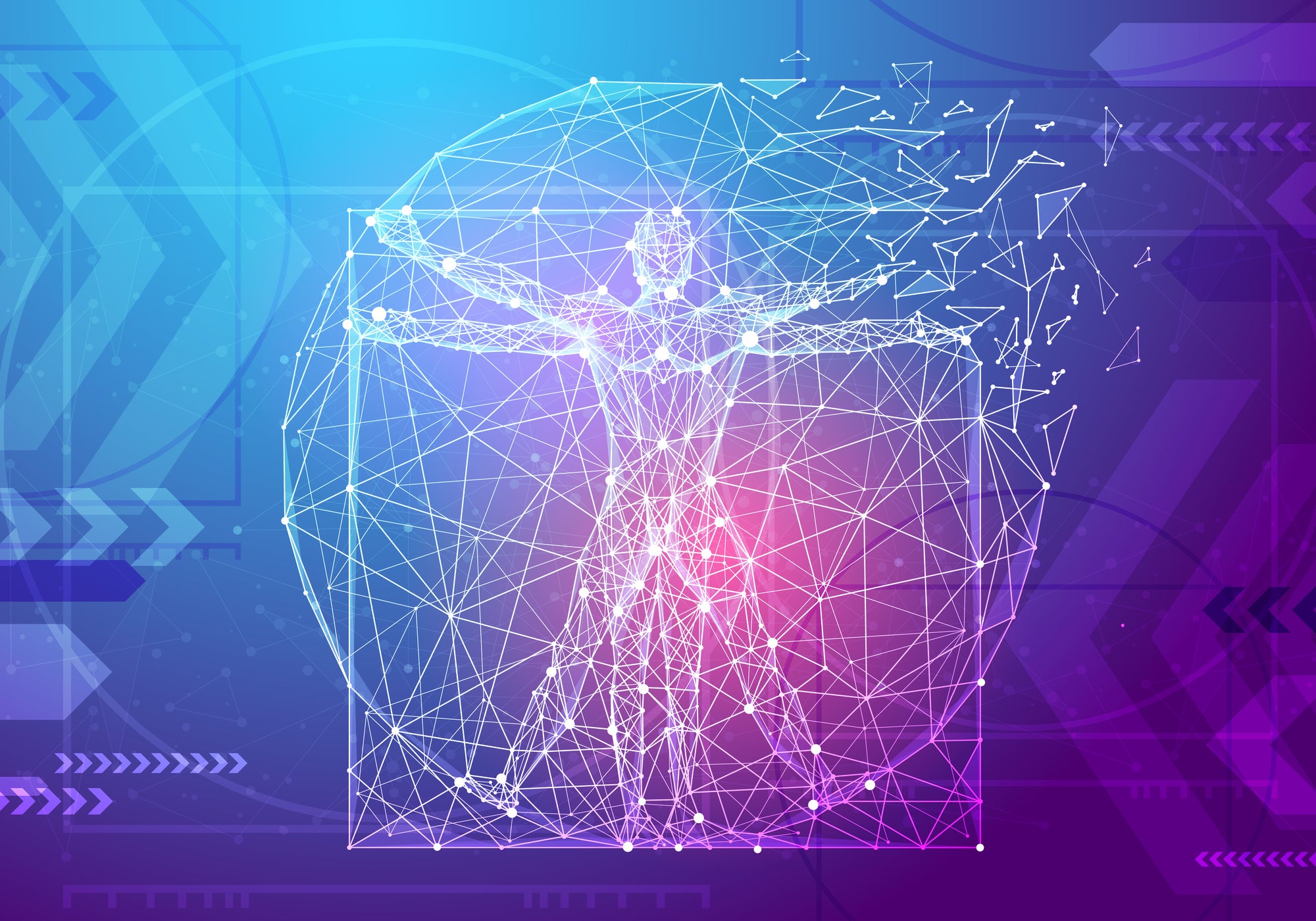
Interwoven within the narrative of the Covid-19 pandemic, there has been a growing reliance on technology by both businesses and consumers. Technology has fostered communication, collaboration and creativity, and has enabled businesses to operate, retailers to sell and companies to deliver. While traditional ‘safe’ commodities have ricocheted up and down in value over the past few months, the success of technology companies has endured.
As organisations begin to recuperate, they should look to eclipse whatever their previous version of normal looked like. The use of technology during the pandemic has changed our lives, and the lessons we have learned cannot be undone. Now is a chance for businesses to lay the ground for a digital renaissance, aspiring beyond replicating the enterprise they were before, moving forward with purpose, and emerging from this pandemic as an intelligent hybrid.
Demystifying external complexity with corporate simplicity
To weather the ongoing storms brought about by the world’s volatile economic, political, and sociocultural landscapes, organisations must aim for internal simplicity to empower agility and collaboration. Moreover, consumers expect simplicity from the organisations they interact with; they want zero friction, instant action and straightforward messaging they can trust.
Technology can often seem like a source of complexity to business leaders but, when incorporated into an organisation’s architecture correctly, it can simplify processes and decision-making and improve cost-effectiveness. Key to this is harnessing the full potential of the vast amounts of data organisations produce, which will increase radically through further adoption of IoT and Edge computing. Through artificial intelligence (AI) and advanced analytics, data fuels informed, fact-driven decision making about a vast array of matters – be it customer service or cost reductions. The more of this data that an organisation can make sense of and analyze, the more powerful, reliable, and straight-forward their decision-making will be.
Prior to the pandemic, enterprise reliance on the physical realm meant that, for some use cases, a lack of data prowess was manageable. While many organisations may have appreciated that digital transformation would be a positive differentiator and likely had plans for it, they were able to continue operations without weaving transformative technologies into the fabric of their company. It is now clear that data is no longer seen as a value-add, but the foundations of the future of business: digital and intelligent. This means enterprises will need to re-examine their approach to data as a key asset that needs managing, valuing, responsibly exploiting, and protecting.
For organisations looking to embark on a revival, it’s clear that having a data-centric approach is critical. This should also be combined with a re-examination of their IT landscape to develop roadmaps that harness technology developments in cloud, edge, immersive reality and IoT, as well as eliminating waste and complexity. This needs a top-down approach and recognition that the enterprise needs flexibility to adapt in a dynamic environment. This is what we call an ‘architect for change’ approach; accepting change is inevitable and designing it into the architecture. The pandemic impact has forced many enterprises to make big adjustments, so the opportunity now is to adopt a data-centric and architect for change mindset.
How well do you really know your competitors?
Access the most comprehensive Company Profiles on the market, powered by GlobalData. Save hours of research. Gain competitive edge.

Thank you!
Your download email will arrive shortly
Not ready to buy yet? Download a free sample
We are confident about the unique quality of our Company Profiles. However, we want you to make the most beneficial decision for your business, so we offer a free sample that you can download by submitting the below form
By GlobalDataMoving forward responsibly
There can be simple solutions to complex problems, but sustainable innovation, beyond the health crisis, looks further than the initial allure of top- or bottom-line advancements. If your technology prowess meets a clear and deep need, it can serve your balance sheet as well as your employees, customers, and stakeholders.
An organisation that masters its digital renaissance will do so with underlying authenticity and altruism. It will be equipped with knowledge of the potential impact it can have on the world and make the decision to move forward with purpose, so that this impact is positive, fair and ethical. Adopting a responsible approach will ensure that technology and innovation drive sustainable and social development for all. The 14th-century renaissance tells us that a boom of trade, exploration, and human development takes a cultural overhaul. For our digital renaissance, this means taking a human-centric approach. When you address human needs and aspirations you pave the way for a fertile and progressive environment.
Organisations must look to address these four fundamental pillars as they move forward in planning and realising their digital renaissance:
Diversity: Diversity of people leads to diversity of thought and fosters innovation. In today’s world, there is no place for discrimination. Organisations must adopt an active inclusion strategy. This is critical from both an ethical standpoint and also for the competitiveness of a company.
Digital inclusion: The current health crisis lays bare the challenges of under-served communities. We are all winners if we support excluded people with access to technology and what it brings them. Likewise, if we upskill and reskill our employees for digital, we start to see the social-economic equalizer effect we saw with the introduction of the internet.
Sustainability: Global warming is no new threat to future civilization. One of the potential offsets of technology is its impact on the environment: high-energy data centers, travel, use of fossil fuels, waste and water must all be monitored and minimised.
Ethics: As technology changes our society, there are concerns around privacy, security, and ethics that people designing, making or commissioning technology need to keep in mind. Ensuring regulated and correct use of data is critical – but given that debates around technological ethics move much faster than legislation can, it is wise for organisations to consider how they can go above and beyond their requirements.
Be proud of your digital renaissance
By addressing the four pillars above, organisations can lay the foundations for responsible decision-making in a post-pandemic world. It is important to note, however, that responsibility extends beyond this; striving for digital happiness is a mindset that needs to be engrained into an enterprise’s culture, with the company aiming to become an architect of a positive future for all.
When historians refer to re-birth and reformation from the dark ages to the renaissance, it was a course of moral, political, and intellectual progress. Step back and ensure you architect the change you will be proud of in your digital renaissance.
Patrick Nicolet is the chief technology officer and group executive board member at Capgemini, a French multinational corporation that provides consulting, technology, professional, and outsourcing services.
Read more: Lockdown is over, but so is the idea of business ‘normality’




